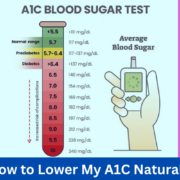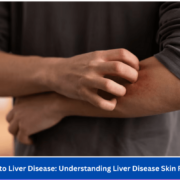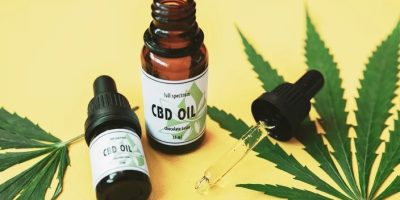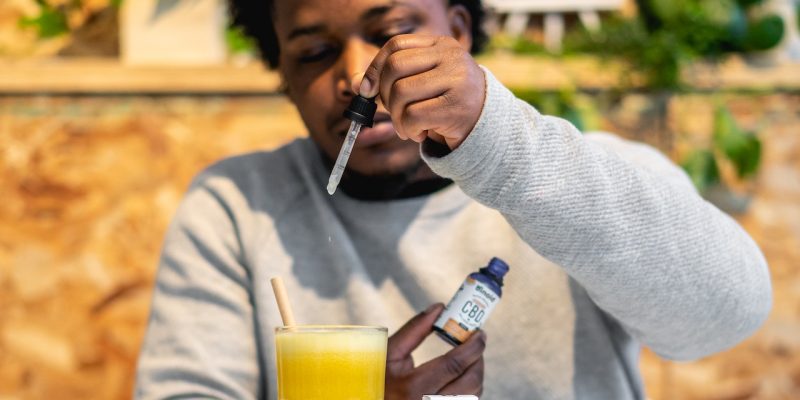
Cannabis has long been utilized for both therapeutic and recreational purposes. The effects on the brain are caused by cannabinoids, the most abundant of which are tetrahydrocannabinol (THC) and cannabidiol (CBD).
Although both THC and CBD are psychotropic, they have different effects on the brain. In contrast to THC, CBD has no psychoactive effects.
CBD is used to treat a variety of conditions, such as pain, anxiety, and seizures.
Numerous studies have shown that CBD can aid in sleep. This article looks into the hazards and whether it works.
What does research say about CBD for sleep?
Academics have been studying marijuana’s impacts for the past ten years as a result of growing public interest in its benefits, notably CBD.
High amounts of CBD may aid in sleep, according to preliminary study.
One study found that, when compared to a placebo, a CBD dosage of 160 mg enhanced the length of sleep. Additionally, the researchers discovered that the placebo, 5 mg of the sleep aid nitrazepam, 40, 80, and 160 mg of CBD all assisted the subjects in falling asleep.
The stress hormone cortisol usually reaches its highest levels in the morning, however patients with insomnia may have high cortisol levels at night. Cortisol levels that are high at night are associated with an increased number of nighttime awakenings in addition to insomnia.
During one study examining the effects of CBD, researchers found that either 300 or 600 mg of CBD oil caused participants’ cortisol levels to fall more sharply. These results imply that CBD influences cortisol release and may have sedative effects.
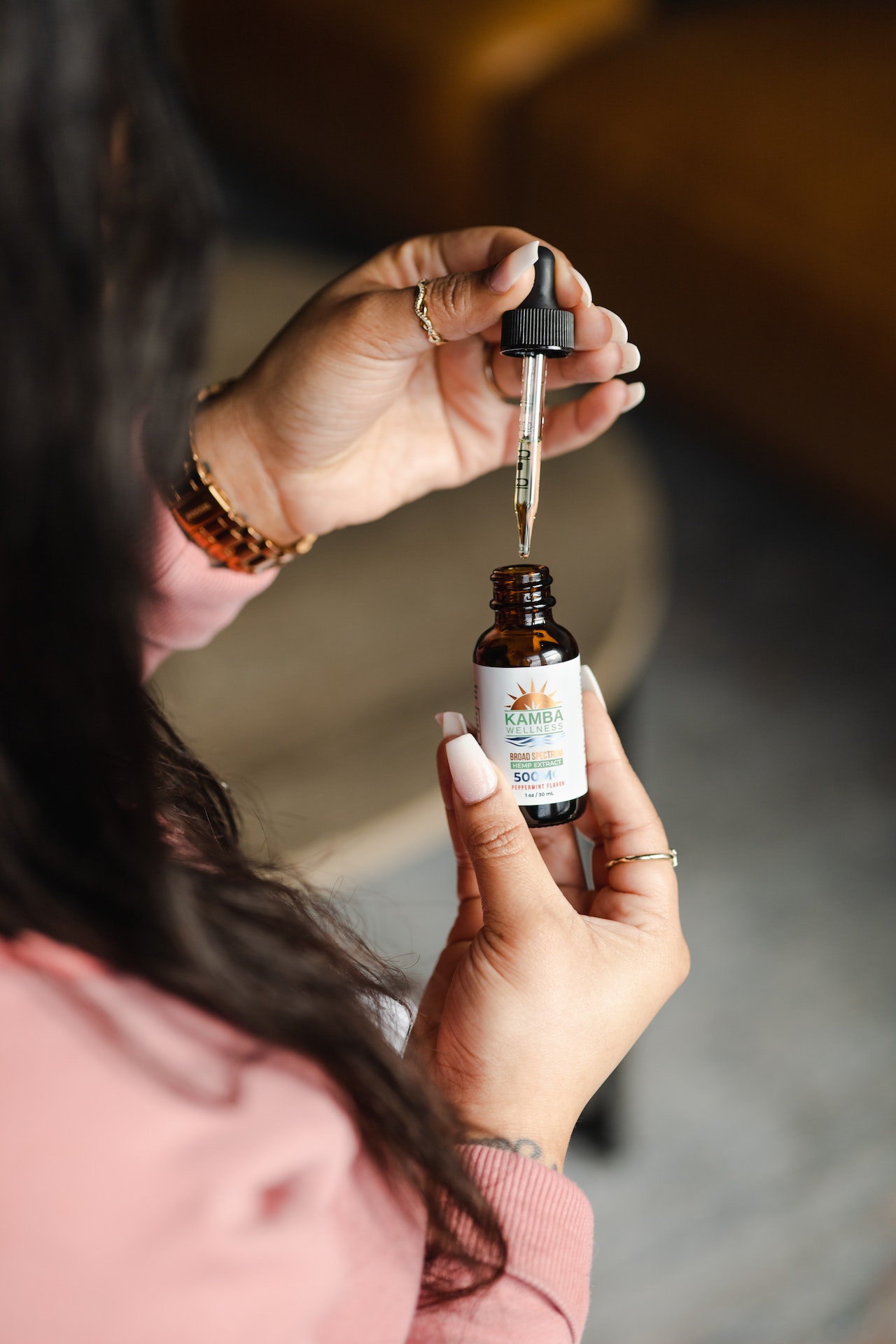
Based on a more recent study:
103 persons with anxiety or poor sleep were discovered by Trusted Source of CBD and Sleep. The effects of CBD in combination with other prescription drugs were examined by the researchers.
The CBD dosages varied from 25 to 175 mg. The most effective dosage for anxiety, according to the study’s findings, was 25 mg Trusted Source, but larger doses were needed for sleep disruption.
The individuals were contacted monthly by the researchers throughout the three-month trial. 66.7% of those who had the initial follow-up reported better sleep, while 25% reported worse sleep. At the second test, 26.8% of participants reported having less sleep, while 56.1% said their sleep had improved.
The study found that while CBD may promote sleep temporarily, the benefits might not hold.
When should you visit a physician?
Particularly among the elderly and people with various physical or mental problems, insomnia is common.
Anyone having trouble falling asleep should see a doctor and stay away from self-medication. A person could be experiencing:
Having trouble falling asleep is associated with poor sleep quality
Depending on the type of sleeping disorder, a doctor may recommend medication, behavioral therapy, or a combination of the two.
Summary
Doctors frequently advise behavioral adjustments for insomnia, sometimes in addition to prescription medications.
Some people treat their sleep issues on their own by using CBD. While there is a dearth of study on CBD’s effects, particularly over time, it appears to be generally safe.
Doctors are unsure if CBD promotes sleep, but some evidence suggests that it might.
The best approach to consume CBD and the right dosage to promote sleep will require further study.








